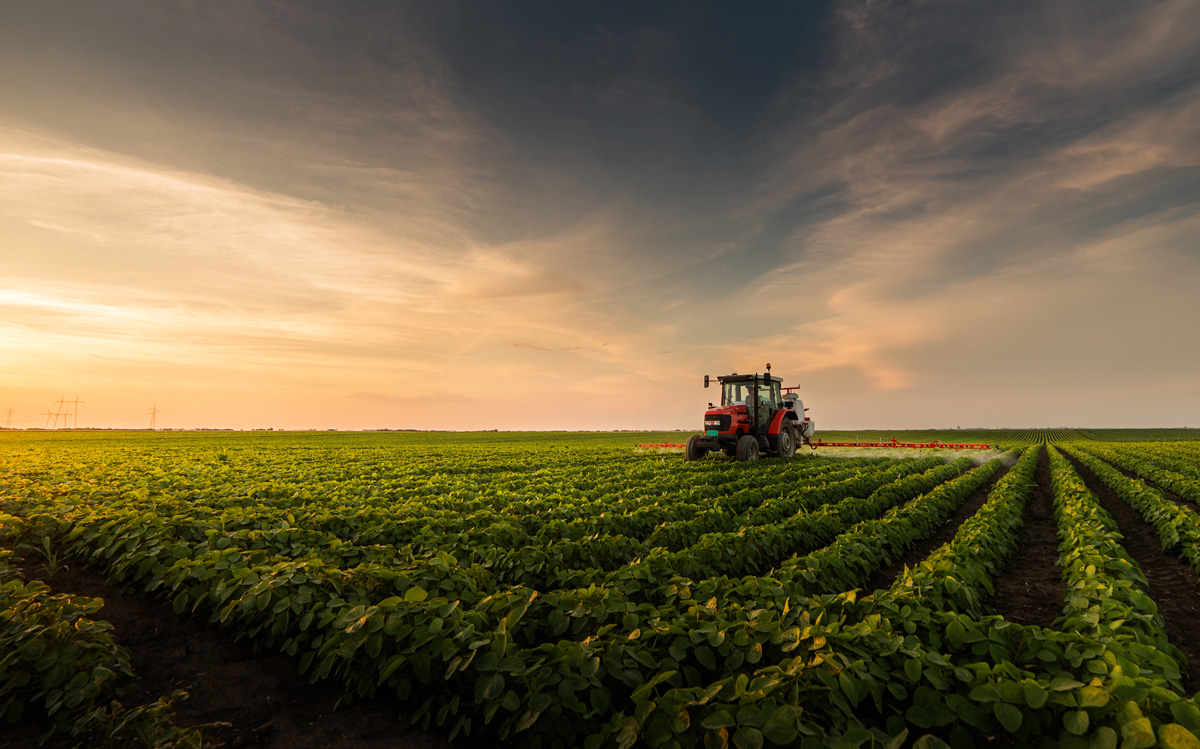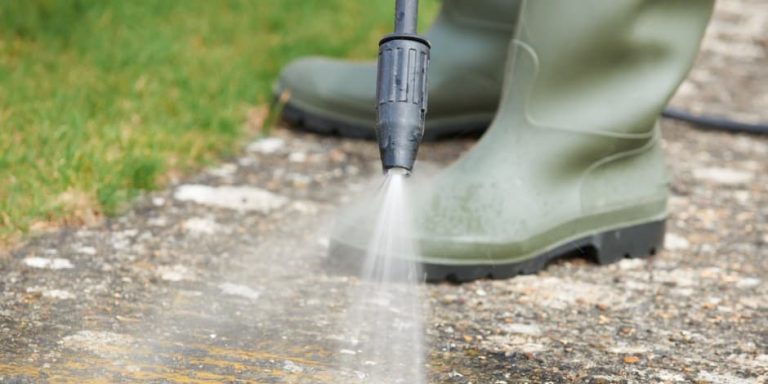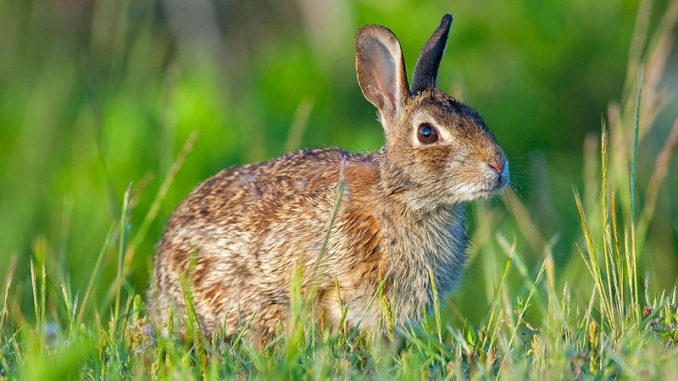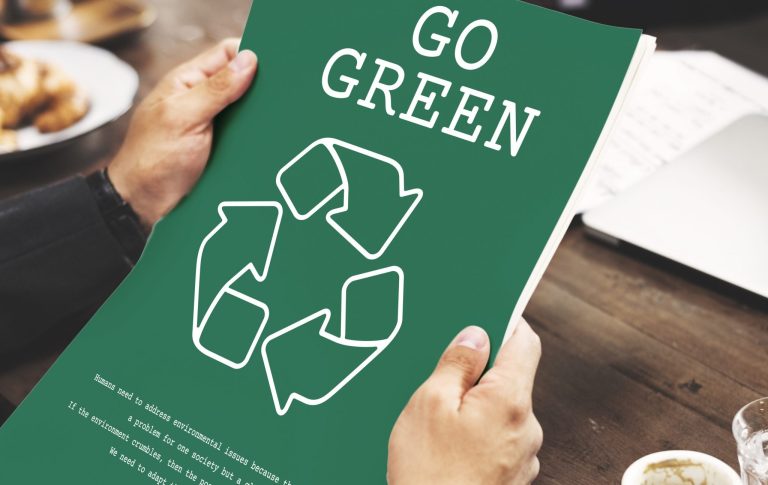
Pressure washing is a popular tool for cleaning buildings, machinery, animal enclosures, and hard surfaces on farms. From tractors caked with mud to milking stations stained with residue, power washing helps maintain hygiene and efficiency in demanding agricultural environments.
But while it’s effective, power washing on farms comes with unique environmental risks—especially when it’s done near crops, animals, or water sources.
In this article, we’ll take a deep dive into the hazards of pressure washing in agricultural zones, and offer solutions that promote eco-responsible farm hygiene. 🧼🐄🌍
🧽 Why Farmers Use Pressure Washing
On farms, pressure washers are used to:
- Remove mud, grease, and chemicals from equipment
- Clean barns, feedlots, and animal stalls
- Sanitize dairy parlors and hatcheries
- Wash pesticide sprayers and irrigation systems
- Prepare harvest areas or storage sheds
A typical farm setup includes powerful machines, detergents, and plenty of water—which is why farmers must be mindful of how, when, and where they wash.
⚠️ Environmental Hazards on the Farm
Power washing on a farm is different from doing it in a suburban driveway. The surrounding environment is more sensitive, and the potential for pollution is greater.
Here’s what makes farm settings uniquely vulnerable:
1️⃣ Runoff into Soil and Crops
Many farms use unpaved or gravel surfaces, which means power washing runoff can seep directly into the soil—carrying with it:
- Cleaning agents
- Grease and oil
- Fecal matter
- Heavy metals from machinery
- Pesticide residues
If this runoff reaches crop roots, it can compromise food safety, reduce soil health, or contaminate organic certifications. 🌱🛑
2️⃣ Contamination of Groundwater and Wells
Unlike cities, many farms rely on private wells or shallow aquifers. If contaminated runoff enters these systems, it can:
- Pollute drinking water
- Harm livestock health
- Leach nitrates, phosphates, and pathogens into the ecosystem
This kind of groundwater pollution is difficult and expensive to reverse.
3️⃣ Harm to Livestock
Animals may come into contact with:
- Wet surfaces after washing
- Standing puddles filled with detergents
- Mist from nearby spray
Some cleaning agents used in power washing are toxic to livestock, leading to:
- Skin burns
- Respiratory irritation
- Illness or death if ingested
🐖 Animals like pigs and cows often lick surfaces or drink from ground puddles—making safety essential.
4️⃣ Damage to Beneficial Insects and Soil Life
Many farms rely on:
- Earthworms to aerate soil
- Bees and butterflies to pollinate crops
- Soil microbes to maintain nutrient cycling
Chemical runoff from power washing can damage these beneficial organisms, reducing farm productivity over time.
✅ Best Practices for Eco-Friendly Farm Washing
Farms don’t need to give up pressure washing—they just need to do it smarter. Here’s how to make power washing safer and more sustainable in agricultural settings:
🧴 1. Use Biodegradable, Non-Toxic Detergents
Choose detergents that are:
- Phosphate-free
- Chlorine-free
- Labeled “safe for use near animals”
- Biodegradable within 28 days
- Free from synthetic fragrances or dyes
Check for eco-certifications such as EPA Safer Choice or OMRI-listed for organic operations.
Browse Amazon Here For Biodegradable Pressure Washing Detergents
💧 2. Contain and Redirect Runoff
Set up:
- Collection mats or berms
- Sandbags or ditches to redirect flow
- Barriers to prevent water from reaching crops or storm drains
You can also direct runoff toward vegetative buffer zones or swales to allow natural filtration.
🐄 3. Keep Animals Away During and After Cleaning
Always:
- Move animals out of the area
- Let surfaces dry before reintroducing them
- Rinse thoroughly after using any cleaner
Keep food, water troughs, and bedding well away from cleaning zones.
🚜 4. Clean Equipment on Hard Surfaces with Drainage Plans
Wash machinery on concrete pads with:
- Oil separators
- Sediment traps
- Drainage controls that redirect water to proper containment areas
Never wash near wells, irrigation canals, or uncovered compost piles.
🌾 5. Coordinate with Pesticide and Fertilizer Application Schedules
Avoid power washing right after or near pesticide use. Doing so may mobilize residues and allow them to spread unintentionally to non-target areas—including animal enclosures or waterways.
🧠 Education and Responsibility Matter
Eco-friendly pressure washing on farms isn’t just about tools—it’s also about mindset. Farmers and farm workers should be trained to:
- Understand the impact of cleaning agents
- Spot potential contamination risks
- Use protective gear and signage
- Handle waste water responsibly
In some states, agricultural operations must now comply with environmental BMPs (Best Management Practices) for water and chemical use. 📋⚖️
🌍 Final Thoughts
Farms feed the world—but they also shape the health of our environment. While power washing plays a key role in sanitation and safety, it should never come at the cost of soil, water, animal, or ecosystem health.
By following responsible practices, farmers can maintain clean, productive operations while protecting their land for future generations. 🚜💧🌾
Browse Amazon Here For Popular Pressure Washers And Accessories






